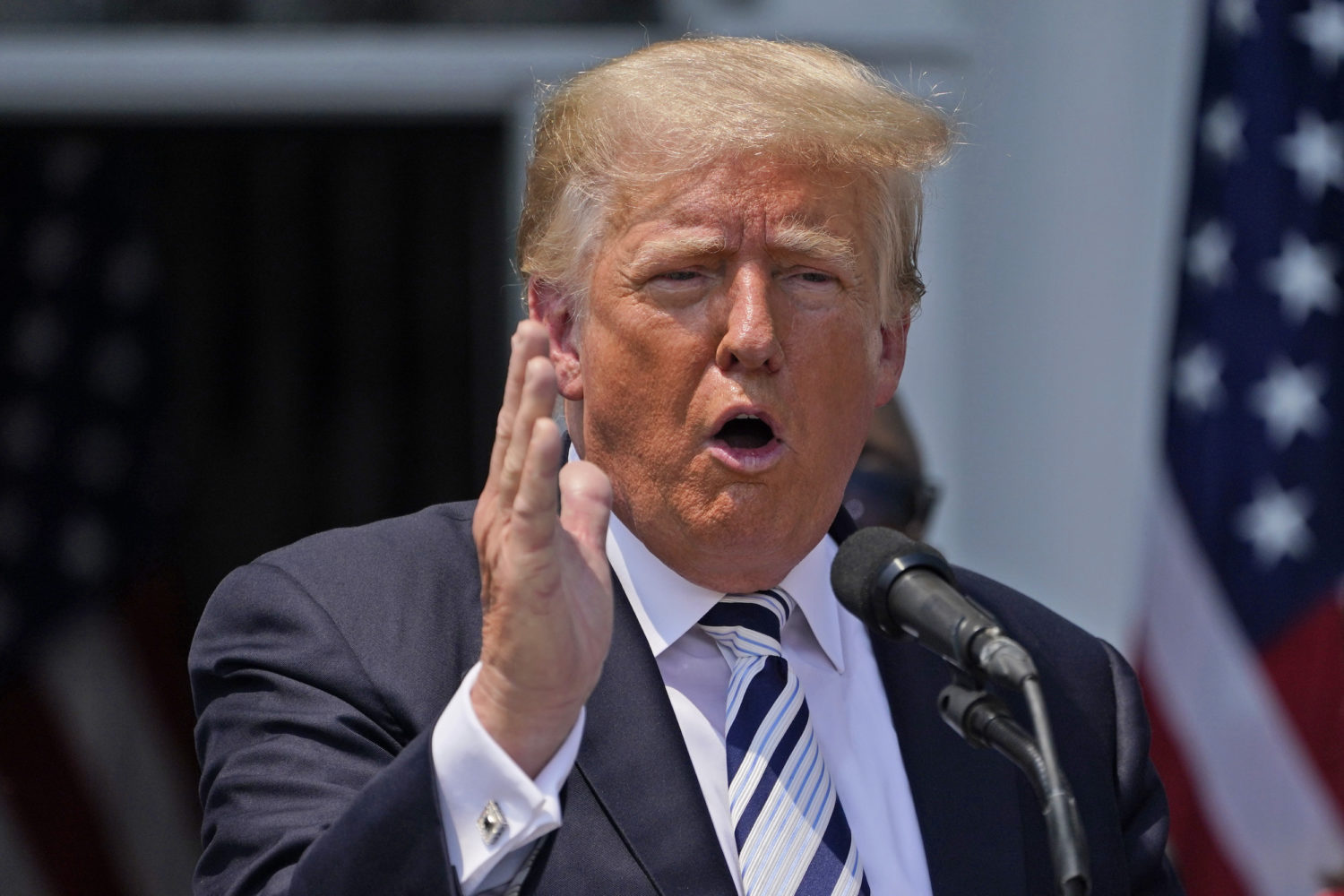
Donald Trump’s social media posts in the aftermath of the 2020 election and the Jan. 6 attack on the Capitol got him suspended from Facebook and Twitter amid concerns that his false claims about a stolen election would provoke more violence.
His Facebook or Twitter accounts have been off limits to him for more than six months.
But he hasn’t been silent.
Since his exit from the White House, Trump has headlined political conferences, hosted rallies, held a press conference, given media interviews, made appearances with political allies, and issued written statements (often several a day).
More than that, these outlets have afforded him the same privilege that he once enjoyed on Twitter and Facebook: the ability to spread falsehoods without much pushback or restraint. Trump has exploited these opportunities to advance false and misleading claims about, among other things, the 2020 election and Jan. 6, when his supporters stormed the Capitol to block Congress’ constitutional certification of the election results showing he lost to Joe Biden.










